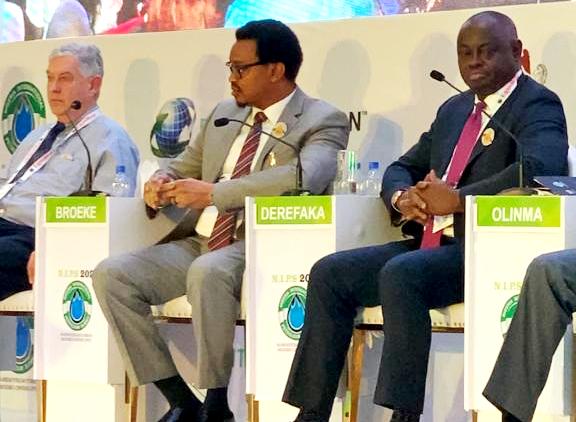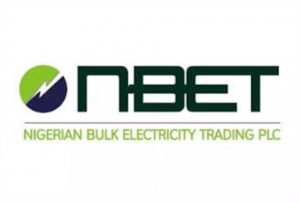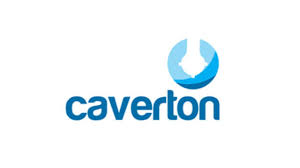Considering the panic and cloudy scenario surrounding the confusion in the pricing template of petroleum products in the last few weeks, the Independent Petroleum Marketers Association of Nigeria (IPMAN) has appealed to the Department of Petroleum Resources (DPR) to fine all private depots in Apapa area of Lagos selling above the regulated petrol price of N133.28k
IPMAN boss, Western Zone, Alhaji Debo Ahmed, made the call on Wednesday in Lagos, saying many depot owners at Apapa sold petrol between N140 and N145, against the Petroleum Products Pricing Regulatory Agency (PPPRA) price template of N133.28kobo.
Relying on the fact that over 90 per cent of petrol products imported into the country were distributed through the Pipelines and Products Marketing Company (PPMC), Ahmed said “It is extremely difficult for marketers outside Lagos to buy petrol at N145 from the depots and sell at same price to consumers”.
Continuing, he said “The marketers in Ilorin, Ore, Ondo, Akure, Ibadan and Osogbo, are running at a loss,” as “There is need for government to review the activities of DPR official domicile at Apapa private depots who connive with depot owners to sell products above regulated price.”
Ahmed further urged the Federal Government to wade into the matter and wield the big stick on dishonest depot owners taking advantage of the shutdown of government- owned depots to make life difficult for his members.
It would be recalled the Minister of State for Petroleum Dr. Ibe kachikwu had explained that there was no padding in the petroleum pricing template for PMS currently sold at N145 per litre.
According to him, 71 per cent of the cost is for the production and freight, 18 per cent balance is covered by depot charges and retailers margin.
“In other words the storage tanks, the amount you get by verge of operating a filling station takes another 18 per cent, the output of those is already taking you to roughly about 90 per cent.
“The transportation is less than 10 per cent; we probably can do better, the templating is an insignificant 1 per cent or 2 per cent but that’s not where the problem is.
“The problem is with foreign exchange rate. There are two key elements in the template, how much you buy it is internationally fixed, it is not a Nigerian issue the cost of foreign exchange is a monetary policy issue.
“So at the time we did the template the Central Bank of Nigeria (CBN) monetary policy was N245, that was the basis upon which we calculated the pricing, today N305 is the exchange rate.
“And what we have tried to do is to ensure that anybody who sells us foreign exchange follows basically the instructions of the CBN in terms of the amount,’’ he said.








